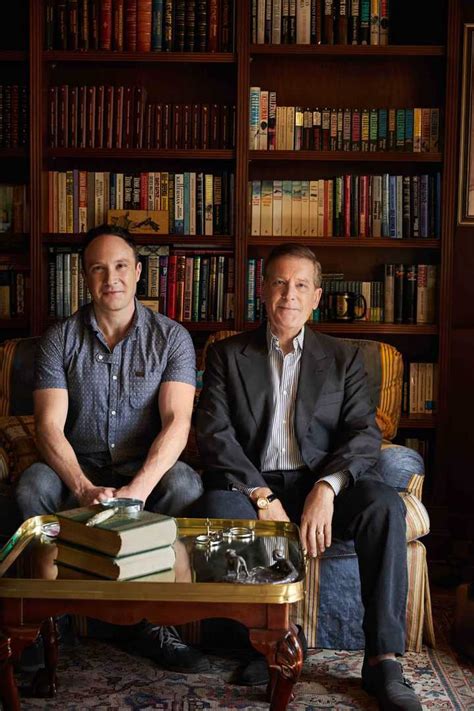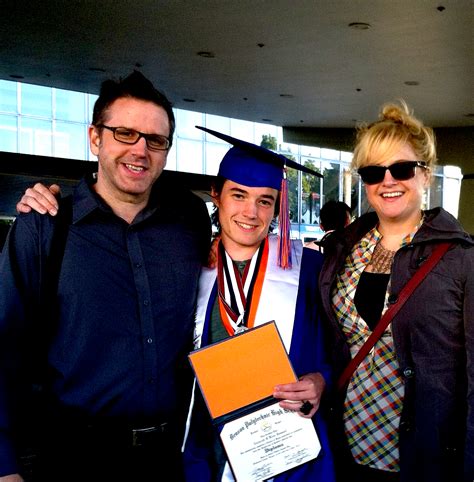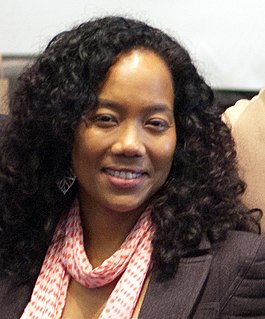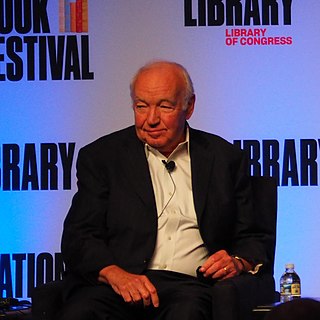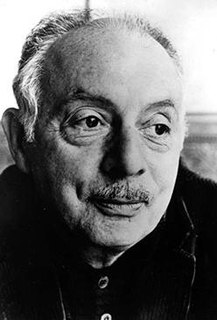A Quote by Tom Robinson
I think it's important to have an experienced writer or editor critique your work to get it ready to pitch an agent.
Related Quotes
My last point about getting started as a writer: do something first, good or bad, successful or not, and write it up before approaching an editor. The best introduction to an editor is your own written work, published or not. I traveled across Siberia on my own money before ever approaching an editor; I wrote my first book, Siberian Dawn, without knowing a single editor, with no idea of how to get it published. I had to risk my life on the Congo before selling my first magazine story. If the rebel spirit dwells within you, you won't wait for an invitation, you'll invade and take no hostages.
You can give the greatest performance possible, but if you don't have a director who's pointing the camera in the right direction and an editor who's editing it properly, it doesn't matter what you do. The director and the editor are the most important people. Not the actors. Sometimes the writer is important. But if you don't have a good director, you can't have a good production.
I think it's especially important for an editor to say what he's enjoying. For a novelist to be told, midstream, what he's doing right can actually influence the unwritten parts of a novel in a positive way - praise helps a writer know what's good about what he's written, what's interesting and exciting, and what to work for in writing the conclusion.
I wanted an agent who would actually sell stuff. After two British agents failed comprehensively, I was reading Locus (the SF field's trade journal) and noticed a press release about an experienced editor leaving her job to join an agent in setting up a new agency. And I went "aha!" - because what you need is an agent who knows the industry but who doesn't have a huge list of famous clients whose needs will inevitably be put ahead of you. So I emailed her, and ... well, 11 years later I am the client listed at the top of her masthead!
A writer can spend a decade working obsessively on a novel, but in the commerce of publishing, many of the most important decisions about any book will be made based on very short pitches - from literary agent to editor to sales rep to bookstore buyer to a potential reader standing in the bookstore, asking, 'What's it about?'
Writer's block is a natural affliction. Writers who have never experienced it have something wrong with them. It means there isn't enough friction-that they aren't making enough of an effort to reconcile the contradictions of life. All you get is sweet monotonous flow. Writer's block is nothing to commit suicide over. It simply indicates some imbalance between your experience and your art, and I think that's constructive.

